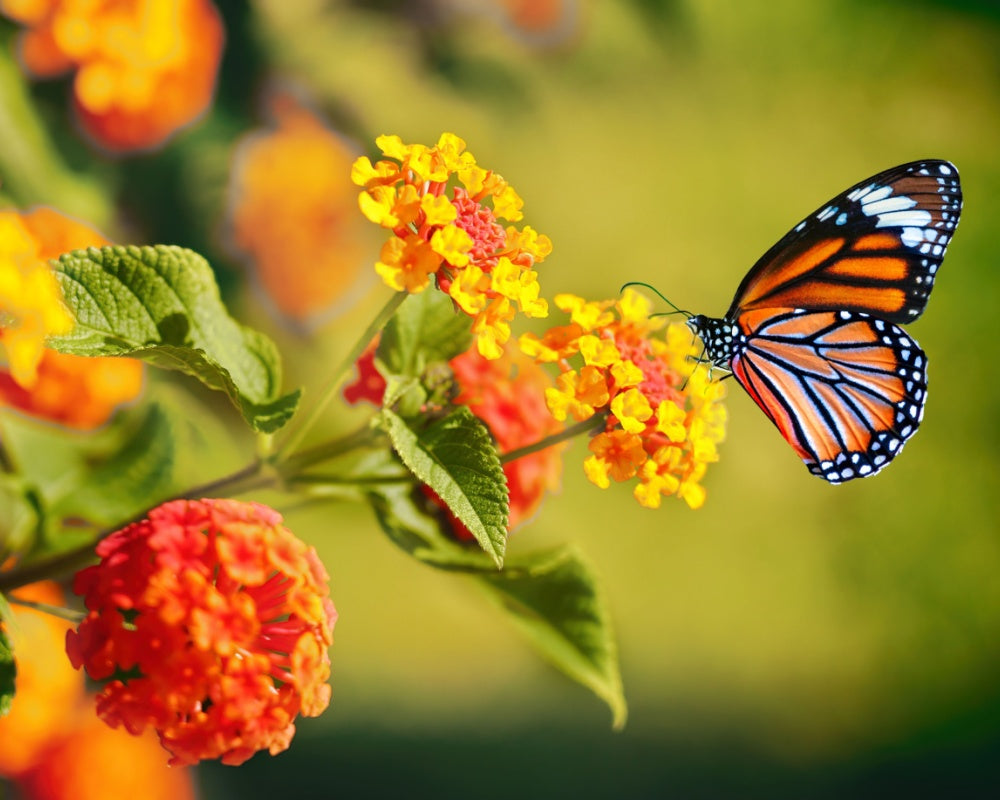Butterfly plants are an absolute must for the conscientious gardener. If you want to see more pollinators and increase your gardening yields this year, you need one (or more) of these flowers in the yard.
Butterflies love to visit gardens filled with vibrant flowers and many insects and bugs to feast on. Let’s be honest; the beauty of our garden gets better when these flutters of life visit it and jump from one flower to another. A yard filled with butterflies is truly a sight for your eyes.
Save The Monarch, It's Going Extinct
Unfortunately, many butterfly populations are declining due to the loss of habitat and limited food sources. Today, gardeners are leaning more toward adding butterfly plants to their landscaping to solve this problem. Knowing that the butterfly plant is not just another beautiful plant in your yard; it is a powerhouse of pollinators that helps these lovely creatures to feed, breed, and thrive.
TN Nursery offers a wide range of plants to incorporate into your landscaping. From Milkweed Plants to Cardinal Flowers and black-eyed susans to Blanket Flowers, we have plants in different shades, forms, and sizes ready to ship.
Featured Butterfly Plants
TN Nursery has an entire collection dedicated to different types and colors of butterfly-attracting perennials. Whether you are looking for vibrant options or need more subtle plants, we have you covered.
Hepatica is one of the most popular butterfly plants for sale in our collection. This beautiful wildflower, which belongs to the buttercup family, blooms in early spring. This dainty flower is known for its distinctive shade of blue, which makes it perfect for attracting butterflies and other pollinators.
Red Trillium Is A Wonderful Butterfly Plant
Another top-rated butterfly plant is Red Trillium. This flower, with its stunning three deep red or maroon petals, seems to be loved by both butterflies and gardeners. While this plant smells like rotting meat, it does an excellent job of attracting pollinators.
You should also check out other favorites, including Bloodroot Plant, Trumpet Vine, Wood Poppy, and more, which can be explored by exploring our broad butterfly plants for sale collection.
